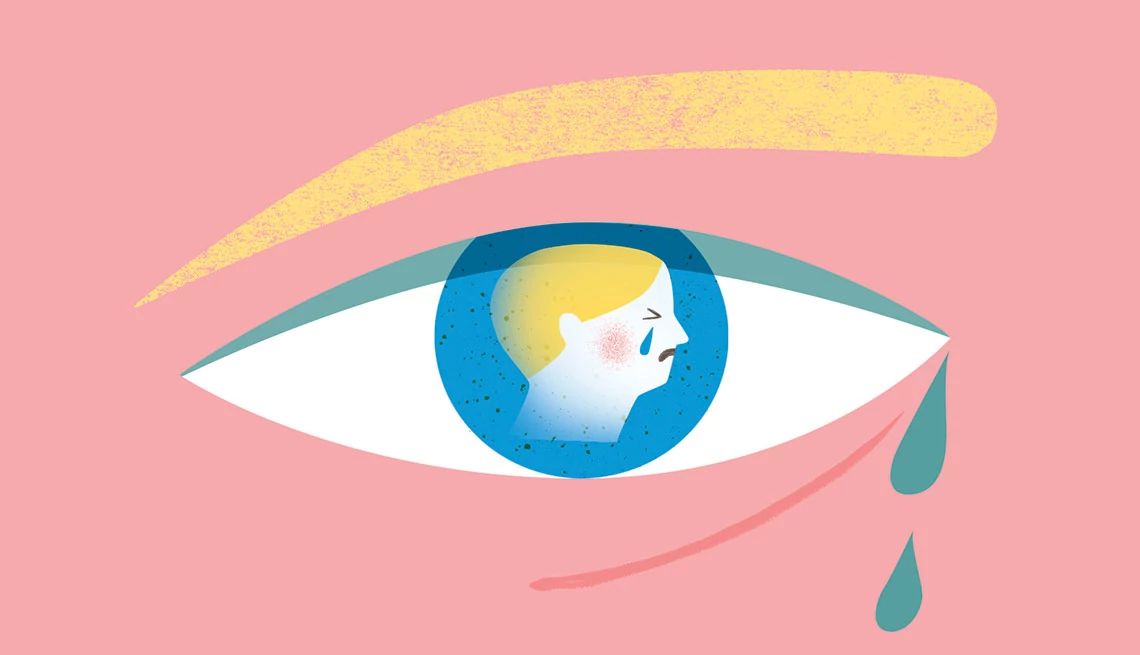AARP Hearing Center


Welcome to Ethels Tell All, where the writers behind The Ethel newsletter share their personal stories related to the joys and challenges of aging. Come back each Wednesday for the latest piece, exclusively on AARP Members Edition.
I love my now-grown children without reason and beyond measure. Yet I wouldn’t go back and choose to be a mother all over again. This troubling realization has nothing to do with my beautiful, imperfect, intelligent, challenging and loving kids but everything to do with my own experience of being a mom.
It’s shocking to feel this way because all I ever wanted was to be a mom. I was loved beyond measure as well, but I wasn’t parented well. I wasn’t kept safe or protected from harm, the kind of harm that permeated my entire being and still lingers in unsettling ways. I thought I could parent better because I knew what to do by observing what not to do.


LIMITED TIME OFFER: Labor Day Sale!
Join AARP for just $9 per year with a 5-year membership and get a FREE Gift!
My family of origin was splintered and broken, so I would keep my own intact and whole. I was left in the care of people who hurt me, so I would keep my kids in my own care. I was lonely as an only child and latchkey kid, so I would have multiple children. And I did all that. But all that didn’t do all that for me.
On a subconscious level before becoming a parent, but fully understood today, I thought parenting well and successfully would re-parent me. I thought engineering a safe environment in which my kids could flourish would seal my chips and cracks with gold. I couldn’t protect my kids from sadness and setbacks in life, though. No parent can. Nor should we be able to. It’s not the way of the world — two steps forward and one step back is the dance we’re all meant to do. For all my own strength and endurance, I break down when my kids falter.
Their hurts cut me deeper than my own. The older they get, the bigger their struggles become and the harder it is to bear witness to their breakups and their job losses, their face plants and their f---ups. My stomach lurches and my jaw locks painfully over the stress of watching my kids make devastating choices or suffer at the hands of others. I go dark, you see. My body embodies their turmoil, and I suffer for it. I know there’s a better way, but I don’t know how to do it any other way. I’ve wondered aloud to my therapist why the highs in life don’t take me as high as the lows take me low. She said this is normal. This is biology.
The highs are welcome and pleasant but fleeting. The lows are threatening, and so we pay more attention to them. This gives our pitfalls and tragic moments more chutzpah, more staying power. When my kids suffer, whatever threatens their well-being feels compounded to me, and I feel out of control and ineffective.
I know it isn’t my job to fix, but rather to love. I know love is the fix often. And knowledge is power, but it isn’t a salve. Maybe this brand of heartache is more of a mom thing than a dad thing. Maybe it’s more of a me thing. But it’s a thing I can only just barely withstand. I’m weary and weakened by it.





























































You Might Also Like
Can You Say No to Being Weighed at the Doctor’s Office?
What to do if you dread the scaleWhy Gayle King Is Having Her Best Summer Ever
Plus Sheryl Crow fights AI, and exes Billy Crudup and Mary-Louise Parker come together for a film fest and their budding filmmaker sonHow My Daughter and I Found Each Other in Sobriety
Her years of addiction nearly destroyed the whole familyRecommended for You